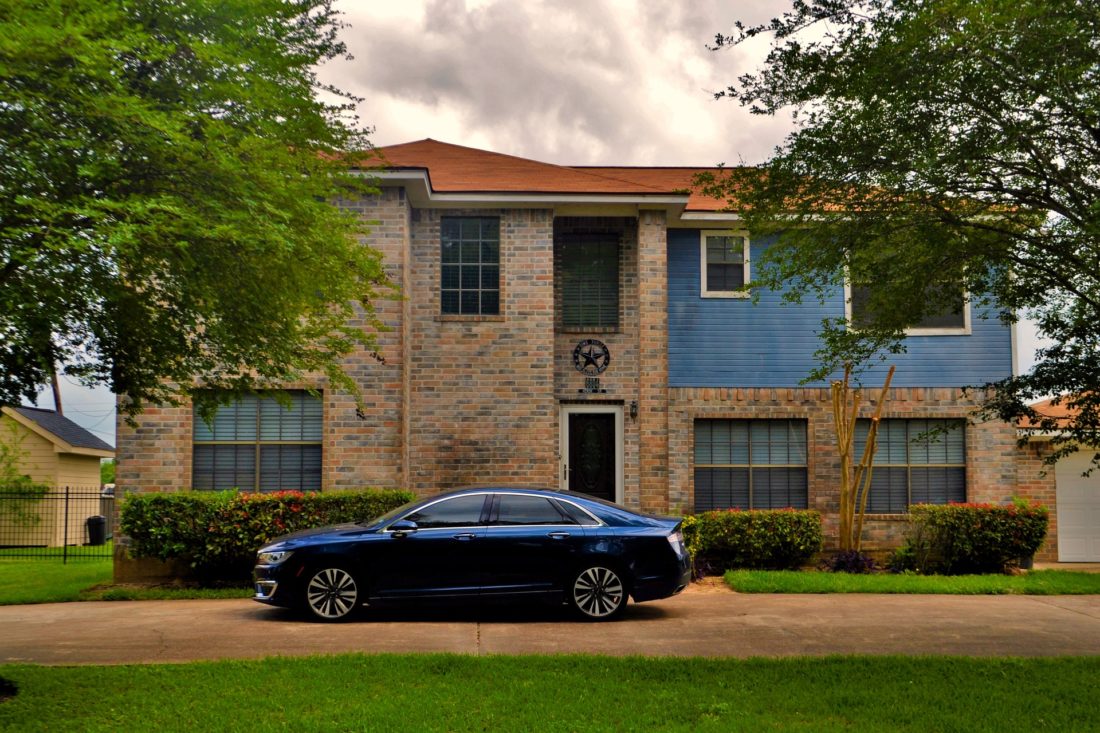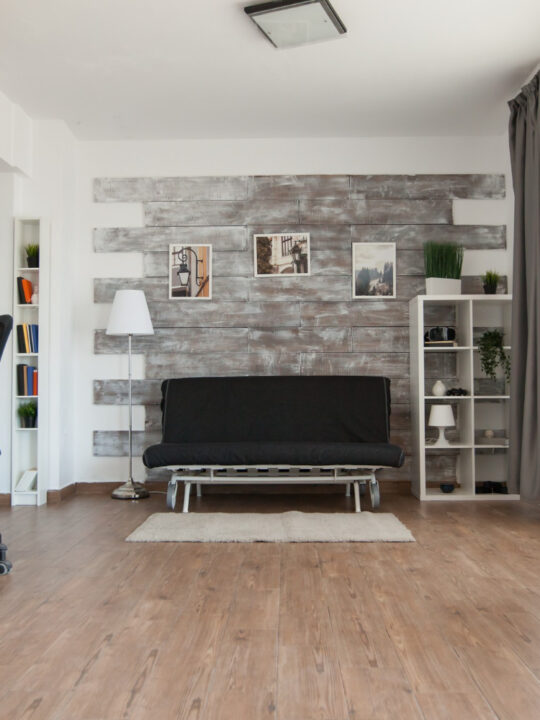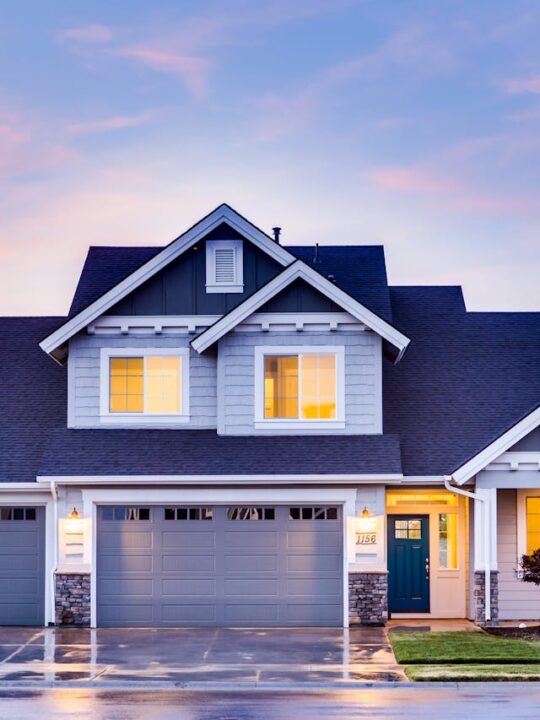 The good news is 36 percent of people in the US plan to buy a home in the next five years. Of these, 24 percent will decide to buy within the next 12 months. If you are among them, you can make the task of searching for your dream home more accessible by following the tips given below:
The good news is 36 percent of people in the US plan to buy a home in the next five years. Of these, 24 percent will decide to buy within the next 12 months. If you are among them, you can make the task of searching for your dream home more accessible by following the tips given below:
#1 Haste makes waste
The first important lesson in searching for your dream home is not to be hasty in your decisions. Finding a perfect home requires planning and a bit of legwork. The type of home you finally settle upon should give you and your family total satisfaction.
#2 Research well
You don’t have to physically visit every property on the listing to find your dream home. You can easily shortlist them online on many real estate websites, such as the UpNest-official site. This will give you an idea of the styles of home available and what the neighborhood is like. Researching online saves both time and energy.
#3 Apply for mortgage
You will need to apply for a mortgage, even before you start searching for your dream home. But before that, you will need to get pre-approved for it. This entails getting your finances in order. Find your credit score to see where you stand and improve it, if required, by taking steps, such as paying your bills on time, etc. You should also gather proof of income in the form of pay stubs and W2s. More importantly, ensure you have funds for a down payment and closing costs. All this will narrow your search and indicate whether you are in a position to afford a home.
#4 Choose the right style of a single-family home
For a single-family home, choose one that serves your needs the best. For example, if you don’t want your bedroom on a different level, don’t opt for Cape Cod-style homes that typically have two or more bedrooms at the upper level and the master bedroom at the ground level.
#5 Focus on essentials
Make a list of what all you want in your home to make you comfortable. This will curb your tendency for extravagance. For example, ask yourself if the two-car garage you are eyeing is a convenience or a necessity. Questions such as these will draw the line between ‘must-have’ and ‘would-like-to-have’. Doing this exercise will keep you focused on what is necessary and help you remain within your budget.
#6 Pick a home that suits your family best
In deciding on a home, take all your family members into confidence, since they will have their preferences. Decide whether a single-family home is more your style or a condo. Single-family homes have more privacy and freedom than condos. They also come with a yard for your children and pets to play in. However, you will need to devote time to maintenance and repairs. In condos, there is limited green space shared by all residents, but you have a condo association to handle outside maintenance. In condos, you need to pay a monthly subscription to the association.
#7 Take the neighborhood into consideration
To have a happy and peaceful life, you will need to choose a happy and friendly neighborhood. A house that seems perfect may not be so if the neighborhood turns out to be less than perfect. So, before you seal the deal, have a round of the neighborhood and have a word with people staying next door to your future home.
#8 Availability of amenities
If your selected home and neighborhood seems perfect, make sure that the area meets your need for amenities. Find out whether there is a market close by, whether your kids will be picked up by their school bus, and suchlike things. Try and explore all such amenities before you commit.
#9 Keep a record of your home visits
This is important, since visiting numerous houses may leave you confused. List out the pros and cons of each home you visit; better still, click the pictures for later reference. Also, include the neighborhood and amenities on your list. By doing so, you will be able to recall what the home has to offer and what the neighborhood is like. Last but not least, also record what you felt or the vibes you got while visiting each home. All this will help you arrive at your perfect home.
#10 Home inspection is a must
Howsoever perfect a house may appear, it is always safe to have the home inspected by a licensed home inspector. A competent inspector will identify potential problems you are likely to face, thereby preventing unpleasant surprises later on.
Conclusion
Since buying a home is your life’s significant financial decision, leave no stone unturned to find one that is both affordable, comfortable, and favorably located.







